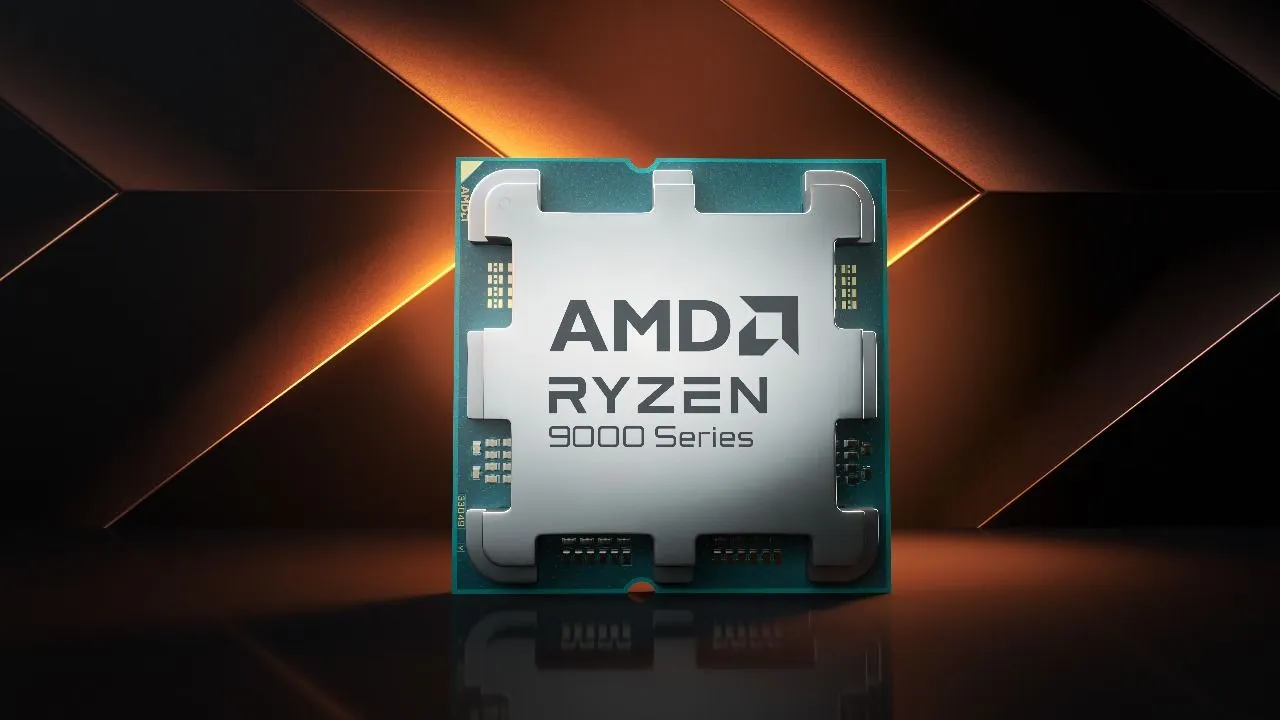
Tech by Android – AMD has entered the spotlight as IBM demonstrates that conventional AMD processors can run quantum computing error correction algorithms. This development marks a significant step in bridging classical computing hardware with emerging quantum technology. Researchers at IBM showed that AMD chips can efficiently execute specific routines necessary to stabilize quantum systems. By using widely available hardware, IBM aims to make quantum computing research more accessible to institutions that cannot invest in specialized quantum processors. AMD’s performance in these tests highlights its versatility and potential beyond traditional computing tasks. The collaboration between AMD hardware and IBM’s quantum algorithms opens new opportunities for experimentation, simulation, and optimization. This milestone could accelerate the adoption of quantum technologies in various industries, as more researchers can now leverage existing hardware to explore complex quantum problems.
“Read More: Bon Jovi Fans Rejoice as 2026 UK Tour Dates Are Announced”
The use of AMD processors in IBM’s experiments proves that quantum error correction is feasible on conventional hardware. AMD chips executed the algorithms with precision, helping stabilize qubits and maintain reliable calculations. Quantum error correction is essential for ensuring accurate results, as quantum systems are prone to noise and interference. AMD’s capacity to handle these complex computations demonstrates that classical processors can play a supporting role in quantum research. IBM researchers optimized the algorithm to take advantage of AMD architecture, ensuring efficient processing and minimal latency. This approach allows scientists and engineers to test quantum systems without relying exclusively on quantum-specific hardware. AMD’s involvement makes the technology more accessible, reducing the barriers to entry for institutions and developers eager to contribute to the field.
By integrating AMD chips with quantum error correction protocols, IBM is expanding the reach of quantum computing research. Institutions with limited access to quantum machines can now experiment using AMD processors. These chips act as a bridge, enabling simulations and testing of algorithms before deployment on actual quantum hardware. Researchers can explore large-scale quantum problems and refine techniques for error mitigation using readily available technology. AMD’s performance demonstrates that classical processors can effectively complement quantum systems, speeding up development cycles and reducing costs. The integration also encourages collaboration between classical hardware manufacturers and quantum computing teams. This synergy has the potential to accelerate breakthroughs, making quantum technology more practical and scalable for research and industry applications.
“Read About: Palworld Celebrates Halloween 2025 with Haunting New Features”
The successful tests using AMD processors have far-reaching implications for both industry and academia. Companies exploring quantum solutions can prototype algorithms on AMD chips before deploying them on specialized quantum systems. This reduces risk and investment while enabling faster iteration. In academic settings, researchers gain access to quantum experiments without needing expensive hardware, fostering innovation and collaboration. AMD’s role in these tests highlights the importance of versatile and powerful classical processors in supporting next-generation technologies. IBM’s experiments also suggest that hybrid computing models, where classical and quantum processors work together, may become the norm. This approach maximizes the strengths of both types of hardware, making quantum computing more practical for solving real-world problems.
The integration of AMD chips into quantum error correction experiments signals a promising future for hybrid computing systems. Classical processors can handle preparatory and auxiliary tasks while quantum machines focus on calculations that require quantum phenomena. AMD’s efficiency ensures that simulations, algorithm testing, and error correction can be performed reliably. IBM’s research demonstrates that combining conventional hardware with quantum systems can accelerate development and reduce costs. This model supports scalable quantum computing, allowing researchers to explore complex problems without being limited by hardware availability. AMD’s success in these experiments reinforces the potential for classical and quantum synergy, creating a more accessible path to advanced computing for industries, academia, and independent researchers.